A macro and micro view of how cellular IoT can empower Indian consumers
As a technology, IoT has the potential to completely upgrade an end user’s lifestyle by transforming consumer electronics devices as we know them.
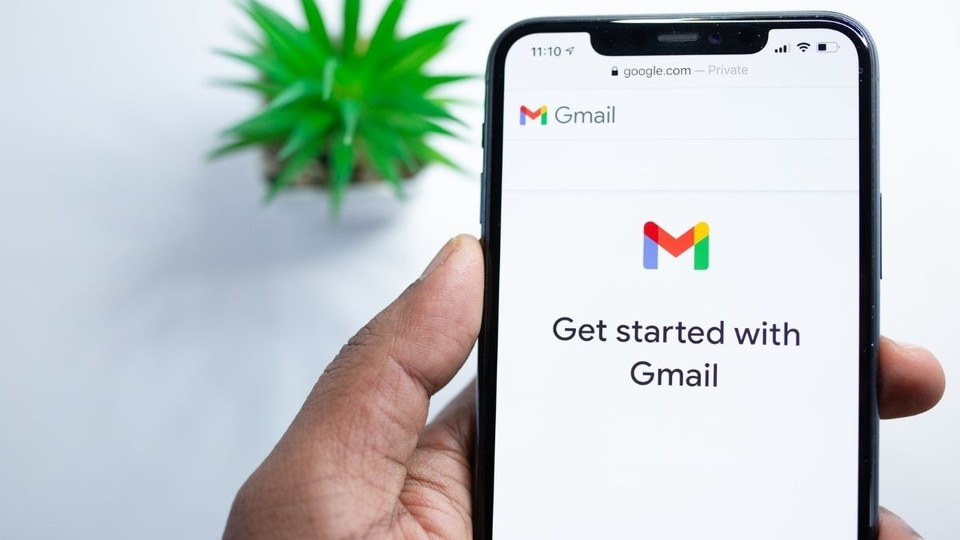
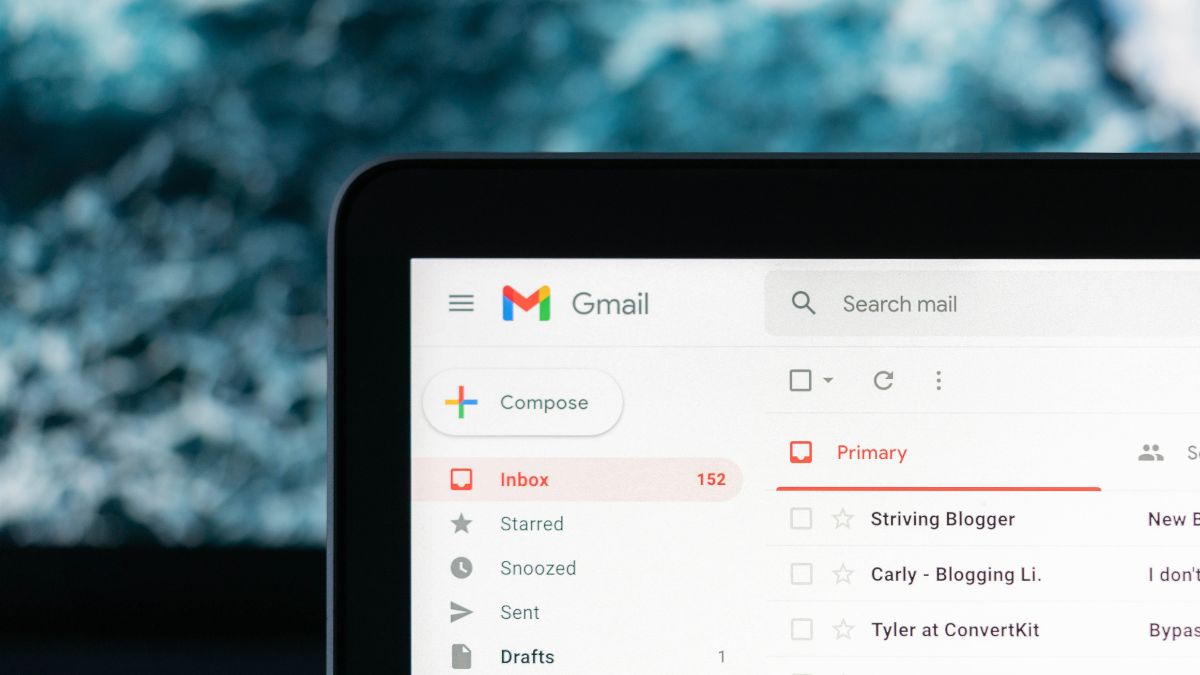
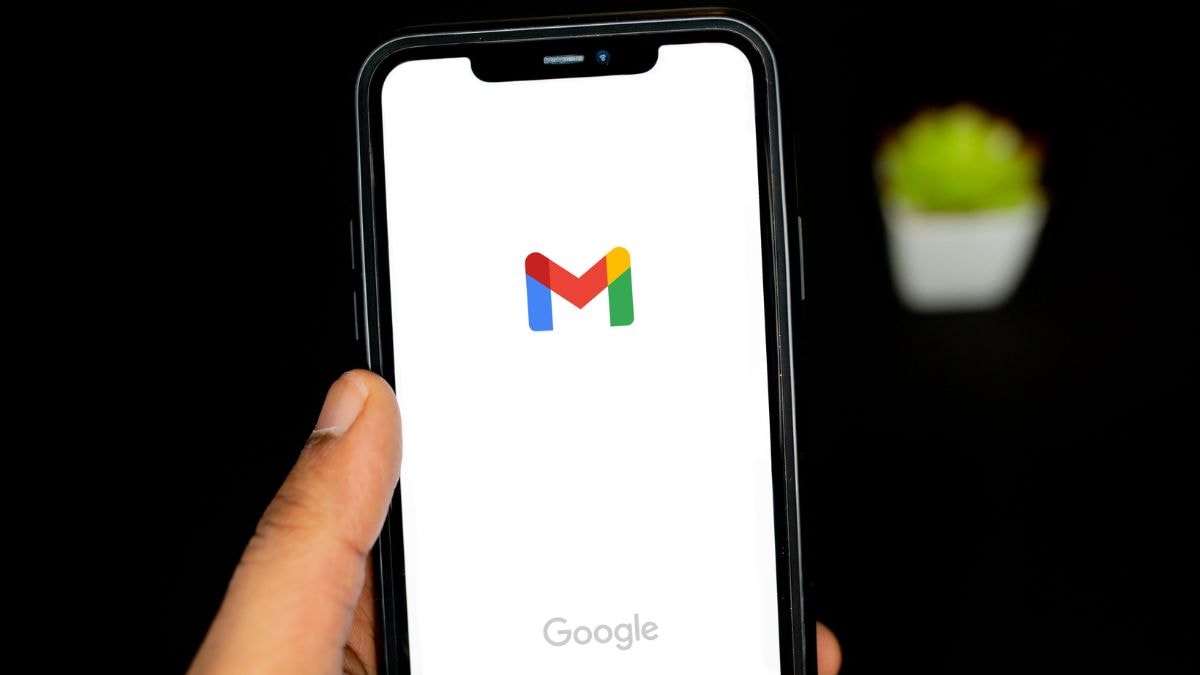
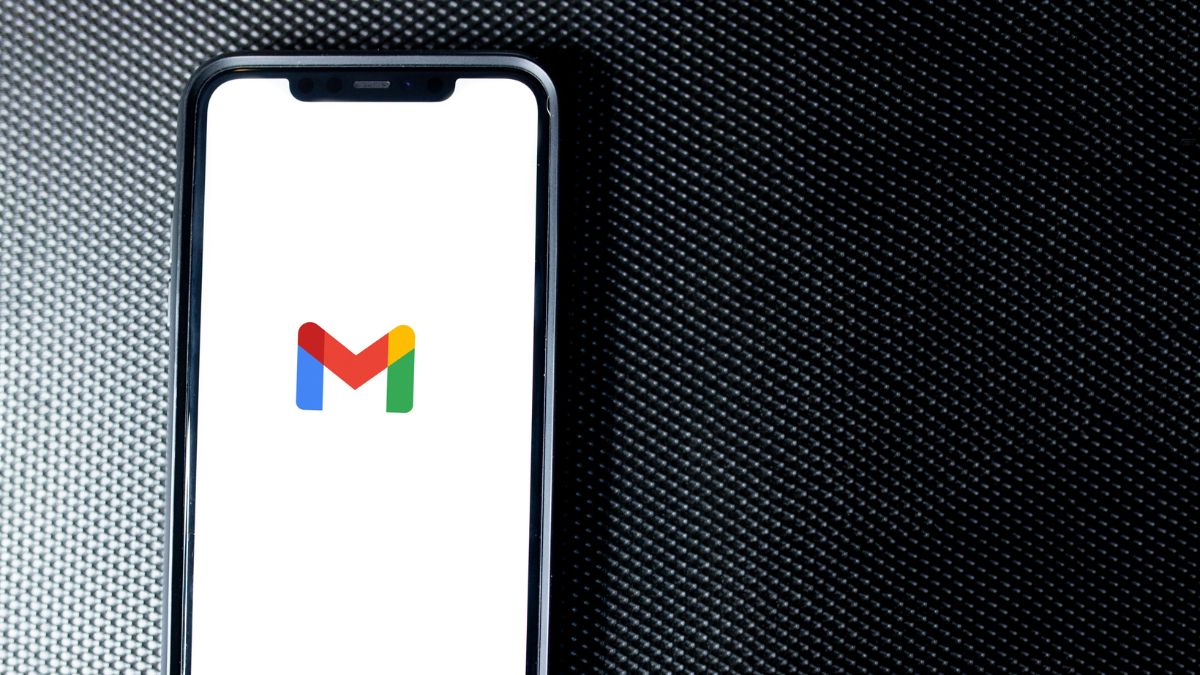
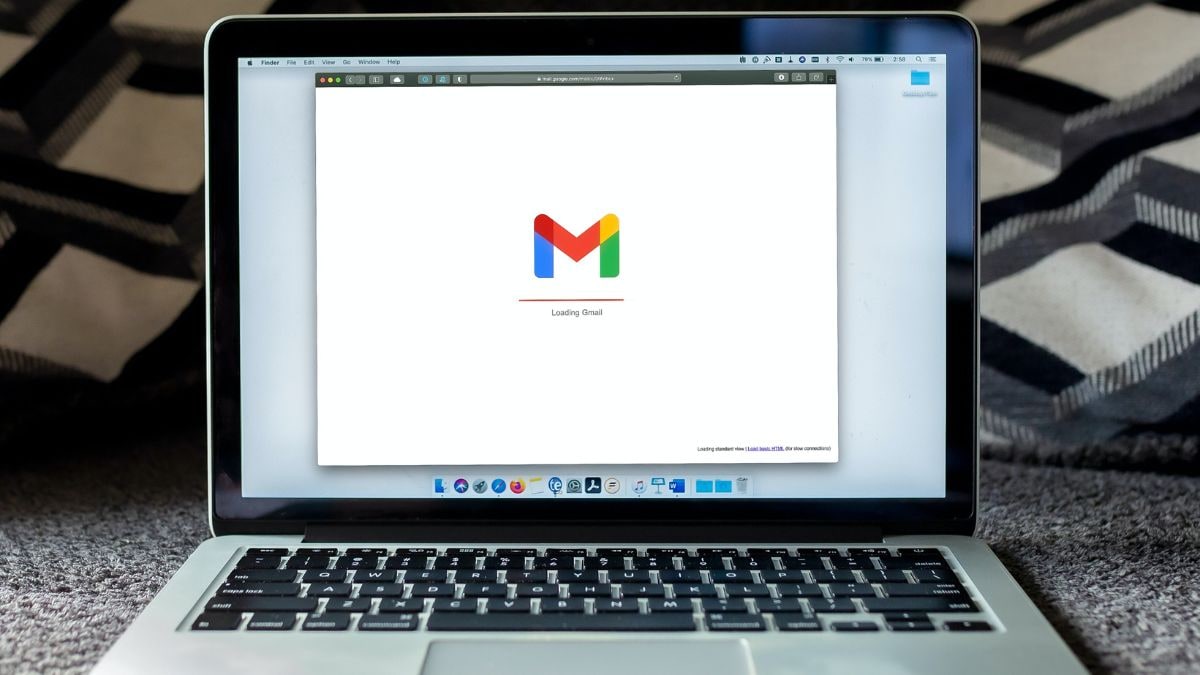
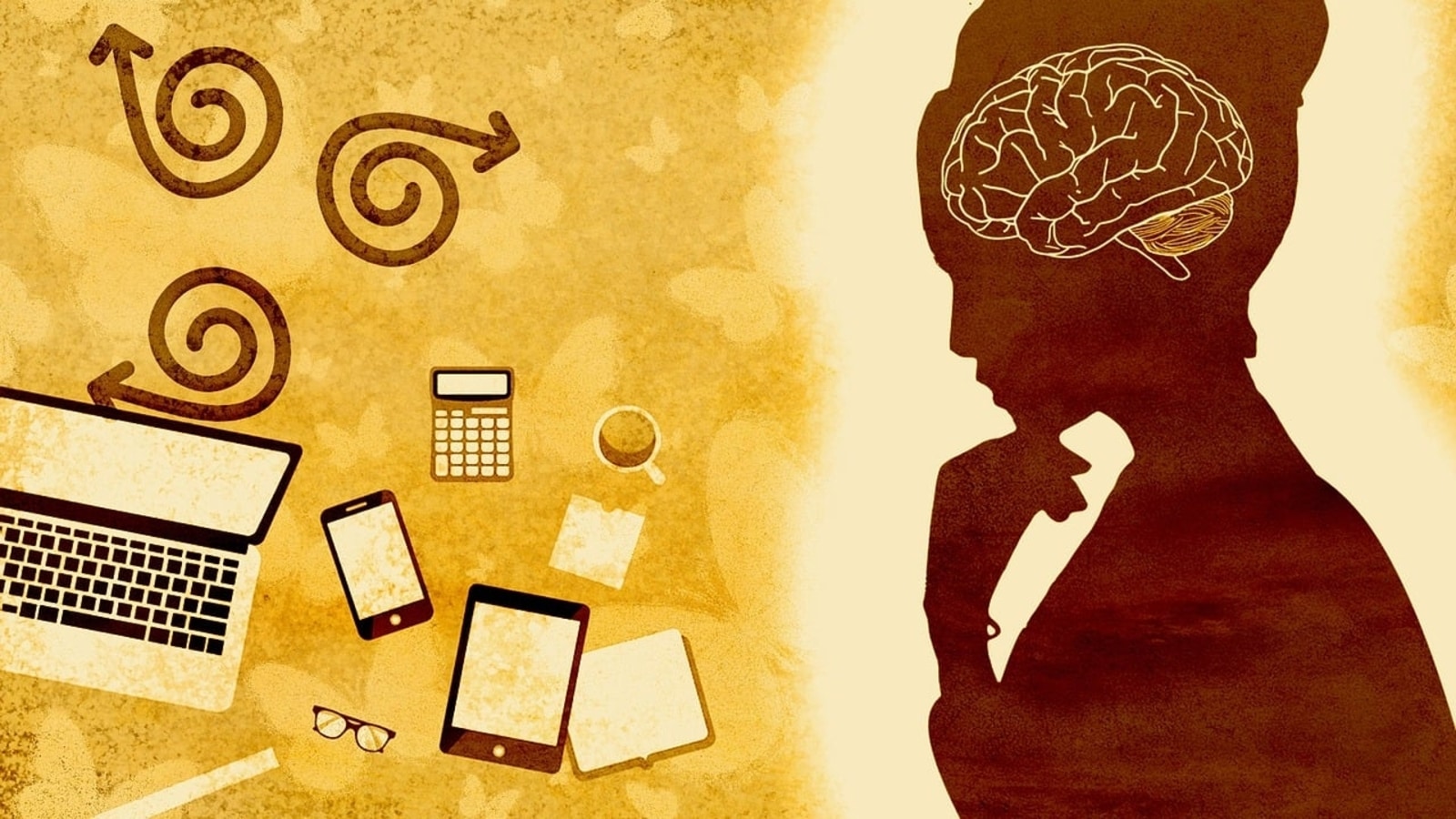
 View all Images
View all ImagesAs India continues its rapid digital transformation, the Internet of Things (IoT) has not only emerged as a game-changer for several industries but also has the potential to transform consumer lifestyle. Already the world uses more than 7 billion IoT devices, a number expected to touch 22 billion by 2025.
Within this expansive IoT ecosystem, cellular IoT has gained significant traction, opening up a world of possibilities for Indian consumers. With its ability to connect and control devices using cellular networks, cellular IoT is revolutionizing sectors such as healthcare, agriculture, transportation, and smart homes.
According to a recent analysis by Frost & Sullivan, reasons such as strong connectivity and coverage, growing internet penetration, a rush in smart applications adoption, new business models, and government initiatives such as smart city projects, the Indian IoT market is on the rise and is projected to reach US$9.28 billion by 2025 from US$4.98 billion in 2020. Pandemic-triggered changes in enterprise behaviour and a focus on automation are the market drivers.
Global players are eyeing the Indian IoT pie. For example, tech giants like Cisco, IBM, and Bosch have made their presence felt as IoT experts in healthcare. California-based Cavli Wireless, a cellular IoT module manufacturer, recently raked in a US$10 million funding to strengthen their position in the global IoT market and deepen Cavli's manufacturing base in India.
As a technology, IoT has the potential to completely upgrade an end user's lifestyle by transforming consumer electronics devices as we know them. Consider a day in the life of Meera, a modern woman who embraces IoT.
Day in the life of an IoT user
As the sun rises, Meera's smart home greets her with a gentle alarm triggered by her IoT-enabled smartwatch. The smart home system reads the natural sunlight to adjust the room's lighting and curtains. With a voice command to her smart assistant, Meera begins her day with her favourite morning playlist while learning about the weather forecast for the day.
In the kitchen, a smart coffee machine brews a fresh cup of coffee while her IoT-enabled refrigerator automatically orders groceries when supplies run low. Her smart recipe app suggests healthy breakfast options based on her dietary preferences and available ingredients. IoT-powered nutrition trackers provide real-time data on her calorie intake and suggest personalized dietary recommendations.
Leaving for work, Meera uses her smartphone to book a ride through a ride-sharing app that utilizes IoT for efficient route planning and real-time tracking. The app also ensures her safety by sharing the vehicle details and estimated arrival time with her trusted contacts. Her commute is further enhanced by smart traffic management systems that leverage IoT to optimize traffic flow and reduce congestion.
Meera's office uses IoT-enabled sensors to regulate lighting and temperature, intelligent meeting room booking systems ensure effective use of resources, while smart occupancy sensors help conserve energy by automatically adjusting lighting and air conditioning based on occupancy levels.
As the day progresses, video calling platforms supported by IoT, allow her to have virtual face-to-face conversations with her loved ones, while IoT-powered home security systems provide peace of mind with real-time alerts and remote monitoring capabilities. She can even monitor her home security cameras and control door locks.
To maintain her fitness goals, Meera relies on wearable IoT devices and fitness apps to monitor her daily activity, heart rate, and sleep patterns, and guide her through workouts.
With such conveniences on the horizon, it shouldn't be too hard to sell IoT to the end consumer.
Cellular IoT in India at the macro level
Cellular IoT is revolutionizing the lives of Indian consumers, offering them a range of smart and connected solutions. From farms to healthcare, smart homes to transportation, cellular IoT is empowering individuals and businesses alike. Here are some of the sectors that are progressively leveraging the power of cellular IoT.
Connecting India's Farms
Cellular IoT is playing a vital role in upping India's agro game. In February, the Jammu and Kashmir government approved a Rs. 30.40 crore 'Sensor-based Smart Agriculture' project.
In March, PepsiCo, together with Cropin, introduced a ‘crop intelligence model' for potato crops in India.
These IoT based projects, implemented in collaboration with government agencies and private enterprises, aim to provide real-time monitoring and control of agricultural processes. Farmers can leverage cellular IoT-enabled devices to gather data on soil moisture, temperature, humidity, and crop health data, which can help optimize irrigation, pest control, and fertilization, leading to improved crop yields and reduced resource wastage.
Revolutionizing Healthcare
Cellular IoT is striding ahead in the healthcare industry as well by enhancing patient care and monitoring. In India, companies like Aeris Communications, which recently acquired Ericsson's IoT accelerator, are using cellular IoT technology to create remote patient monitoring systems. With these, doctors can monitor patients' vital signs, like heart rate, blood pressure, and glucose levels, in real-time. By enabling continuous and proactive healthcare management, cellular IoT devices are changing the way medical services are delivered, with an emphasis on rural and remote areas of the country.
Smart Homes for a Smarter Lifestyle
Indian homes are getting smarter, and cellular IoT is at the heart of this revolution. Companies like Jio and Airtel have introduced cellular IoT platforms that enable consumers to connect and control various smart devices within their homes. For instance, Jio is likely to launch Air Fiber services by Diwali, which are expected to push Jio's connected home strategy.
From remotely managing home security systems and controlling appliances to monitoring energy consumption and optimizing resource usage, cellular IoT has offers that make the Indian consumer's go weak in the knees.
Transforming Transportation
India's transportation sector is witnessing a shift through the adoption of cellular IoT solutions. One remarkable project is the integration of IoT-enabled GPS trackers in public transportation systems, which Airtel launched last October.
This technology will let commuters track the real-time location of buses and trains, minimizing wait times and bettering overall efficiency. Also, cellular IoT-powered fleet management systems are aiding logistics companies optimize routes, monitor fuel consumption, and improve vehicle maintenance, so that cost and carbon footprint are reduced.
Future Possibilities
The potential of cellular IoT in India is vast and holds promise for even more exciting developments in the future. With the rollout of 5G networks, the capabilities of cellular IoT are expected to expand further. Smart cities, intelligent infrastructure, and connected cars are just a few areas where cellular IoT is poised to make a significant impact, transforming the way Indian consumers interact with their surroundings.
Catch all the Latest Tech News, Mobile News, Laptop News, Gaming news, Wearables News , How To News, also keep up with us on Whatsapp channel,Twitter, Facebook, Google News, and Instagram. For our latest videos, subscribe to our YouTube channel.































